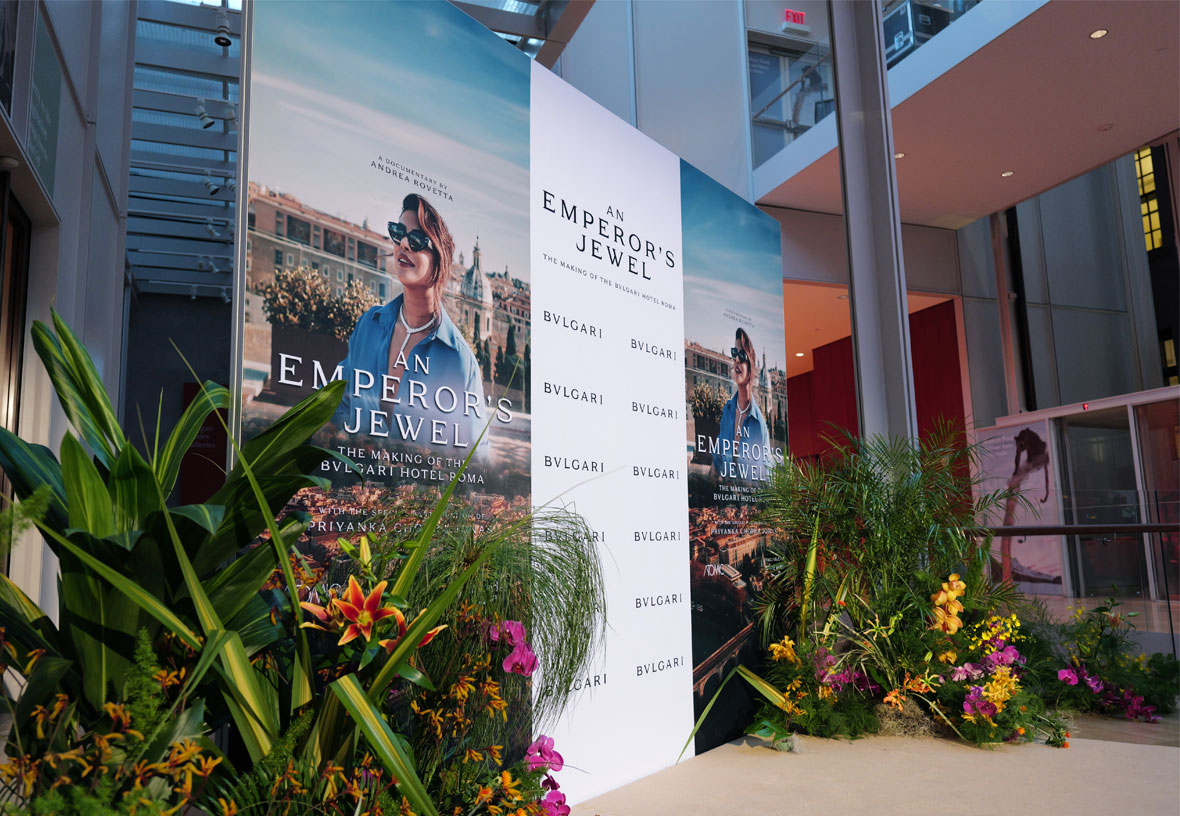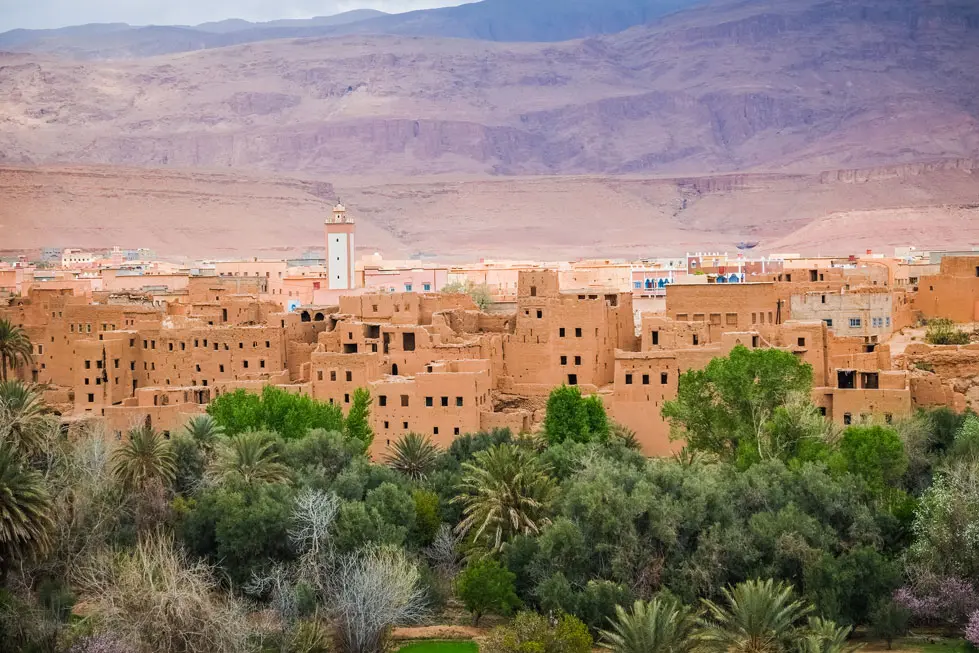We care about your privacy. We attempt to limit our use of cookies to those that help improve our site. By continuing to use this site, you agree to the use of cookies. To learn more about cookies see our Privacy Policy.
Slane Whiskey Distillery Brings Sustainability to an Irish Castle Estate
Combining farming, distilling, and cooking with the goal of zero-waste production
“We decided to diversify into whiskey because we’re also a farming family,” says Alex Conyngham, not that he really needed a reason to create his own whiskey. Especially when he had to figure out the most productive ways to build and run a distillery on the estate of an 18th century Irish castle. That’s precisely where Slane Irish Whiskey comes from, and Conyngham wants to make sure he’s bringing it into the modern era in a sustainable way.
The Slane castle & farm has been in the Conyngham family since 1703, but it only gained global attention in 1981 when it became a concert venue. Artists including David Bowie, Bruce Springsteen, and Thin Lizzy all performed there; U2 even recorded an album in the castle. But for Conyngham, he saw greater potential. “On our 1500 acre farm we grow barley, that would have traditionally gone into the animal feed market. Now I love drinking Irish whiskey, and we said why are we giving it to the cattle when we could be adding the value at home and turning it into whiskey, which is ultimately what we set out to do.”
Conyngham viewed the project with a modern lens, and wanted to find ways to utilize all the resources at hand. “If we were going to build this thing to last, it meant taking a sustainable approach to the design.” His wife Carina, who runs the ‘glamping’ destination Rock Farm Slane on the grounds, helped drive the sustainable changes, relaying on her background as an environmental consultant with a focus on hospitality properties. Part of the design direction meant repurposing assets from the farm, including finding new uses for the buildings while reducing waste from the crops. “The old stable yards and farm yard buildings have fallen into disrepair because of modern farming techniques. We have repurposed those and brought them back to life and raised an Irish whiskey distillery right next to the family home, using the barley we grow right around the distillery.”
Reducing waste is a key proposition for Slane, and their goal is to be a zero-waste facility. Conyngham’s brother Wolfe helps with that; the London chef has focused on bringing sustainable practices to the kitchen, finding creative ways to reduce waste such as fermentation and curing. “Kitchens can work together,” Wolfe considers. “There’s often been a division between front and back of the house in restaurants, that’s normally down to lack of communication and consequently there’s been a lot of waste over time. Effectively this reduces waste, increases shelf life, and importantly it increases your margins and your profits.”
The spirits industry is one where rapid innovation is not a requirement. After all, whiskey need not change much to maintain its appeal. Sustainability is one of the only areas where these brands can adapt to the times and make a difference, something that is increasingly resonating with buyers. Between the efforts of the Conyngham family, Slane takes this need for sustainable change in stride, and with that keeps its storied history alive with a new chapter.
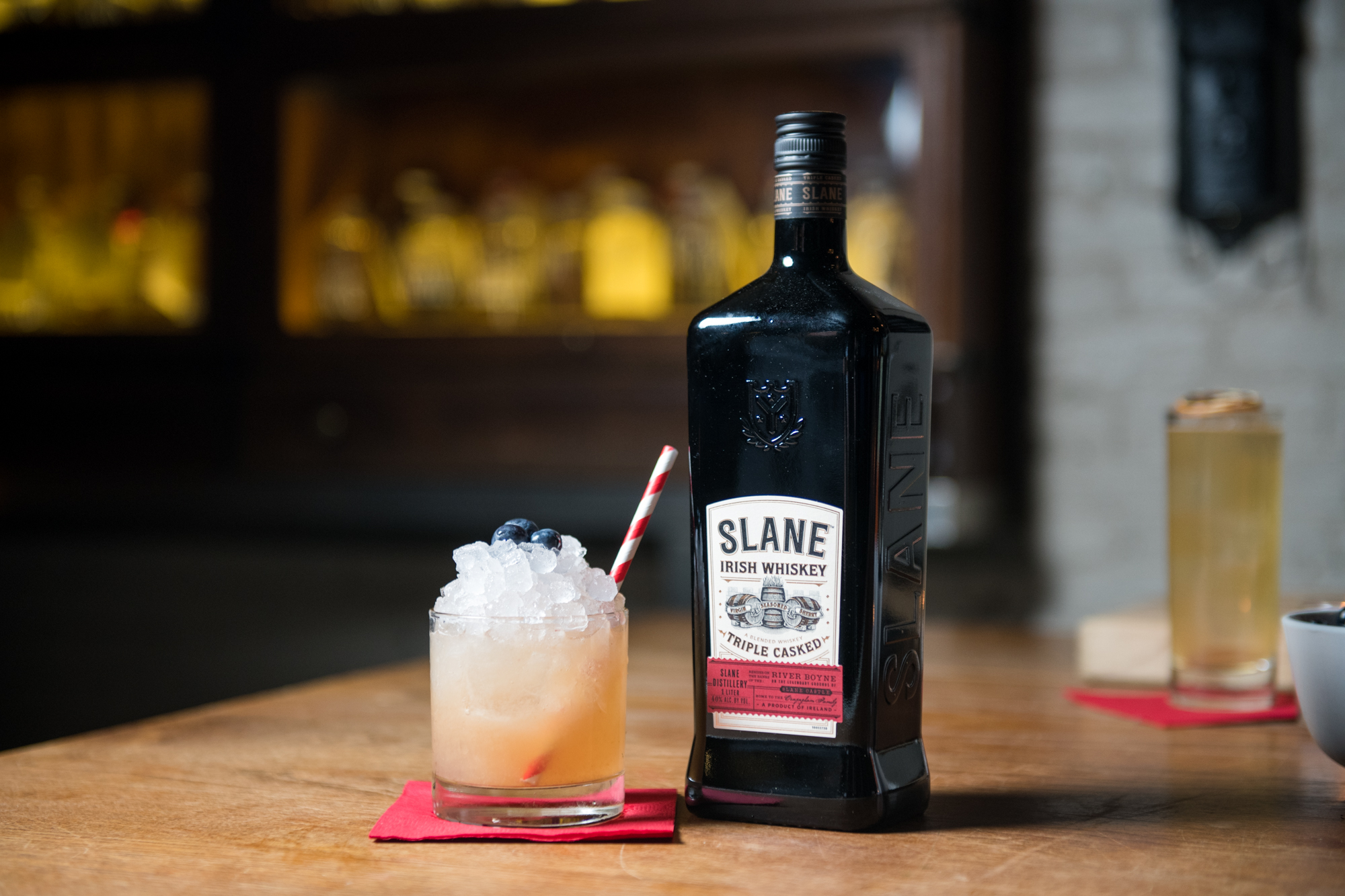
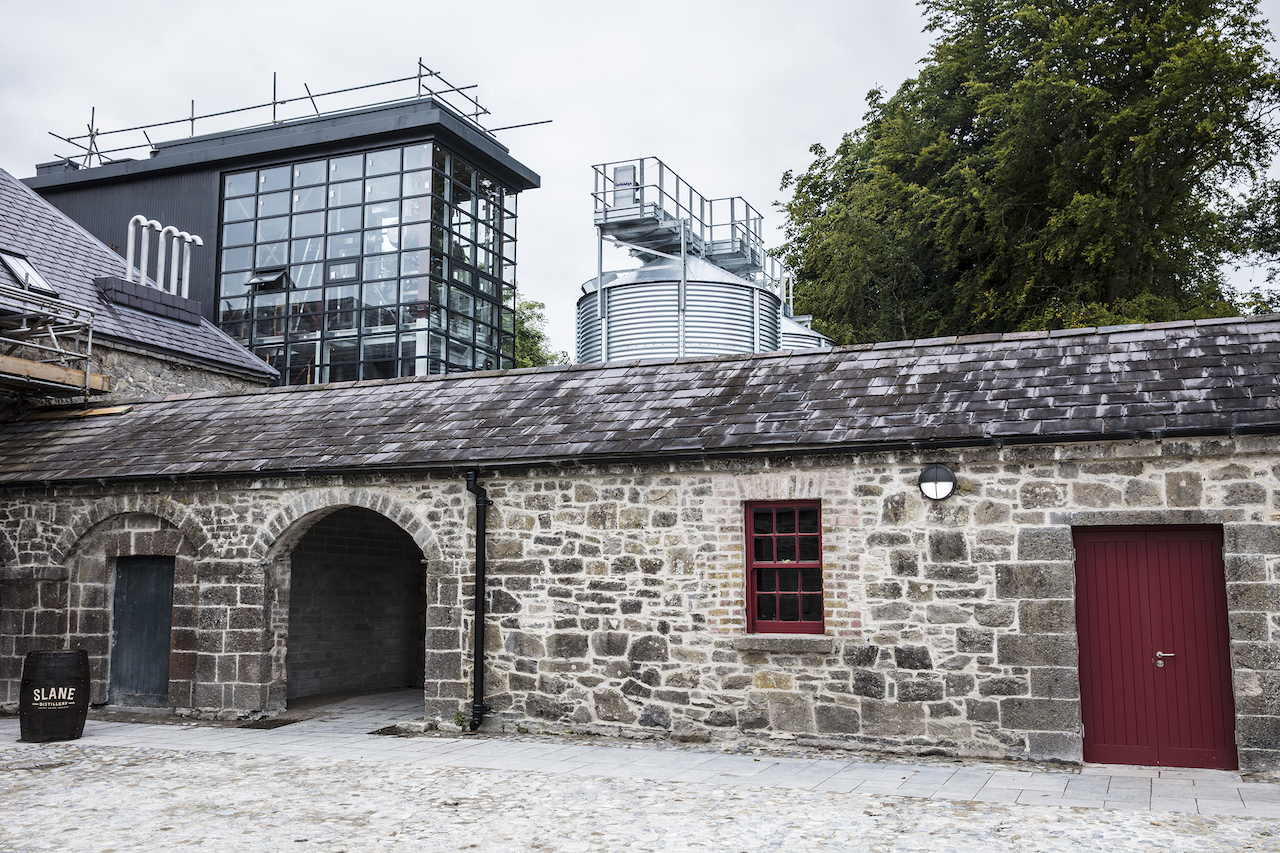
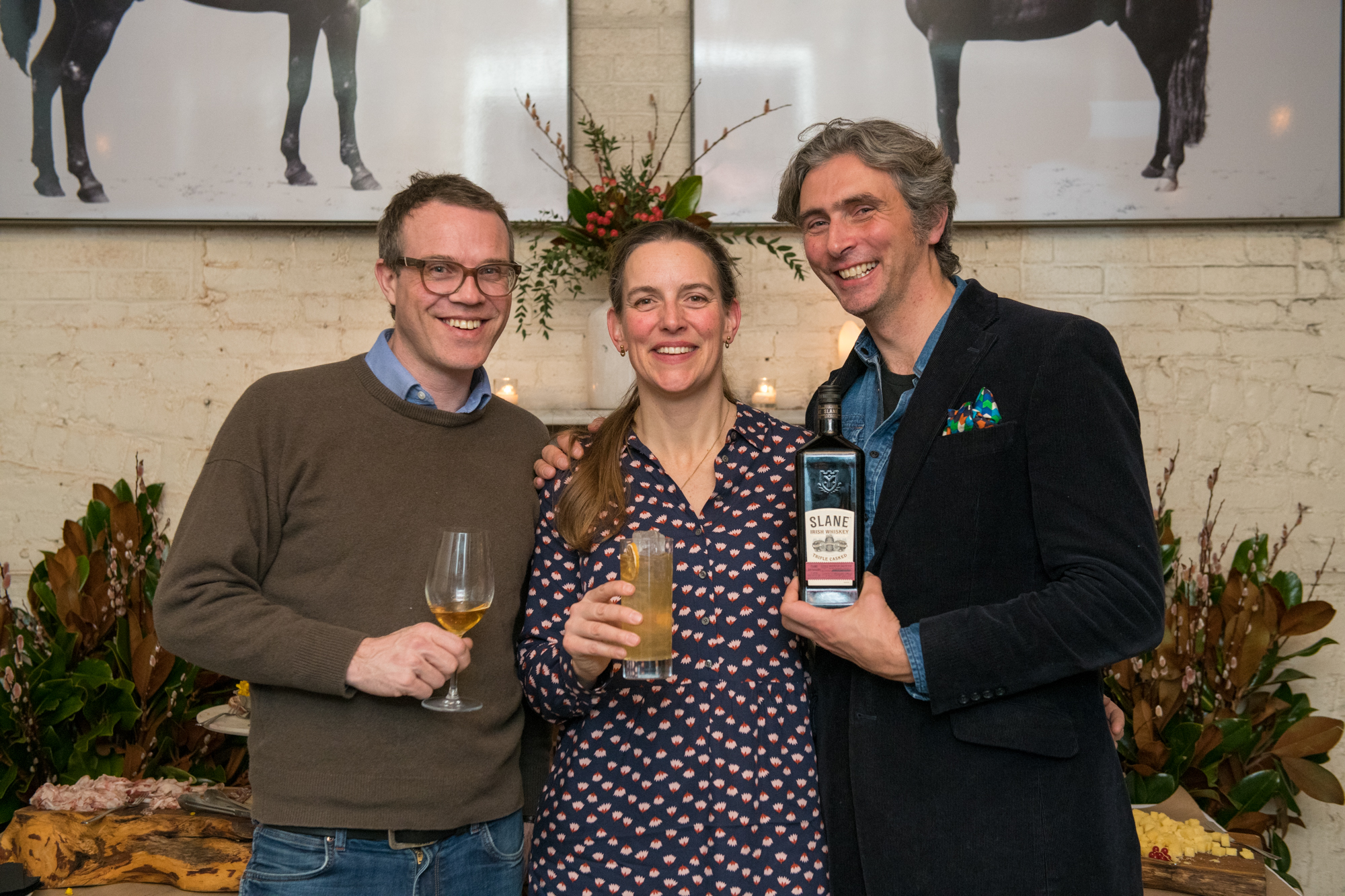
[Wolfe Conyngham, Carina Conyngham, Alex Conyngham]
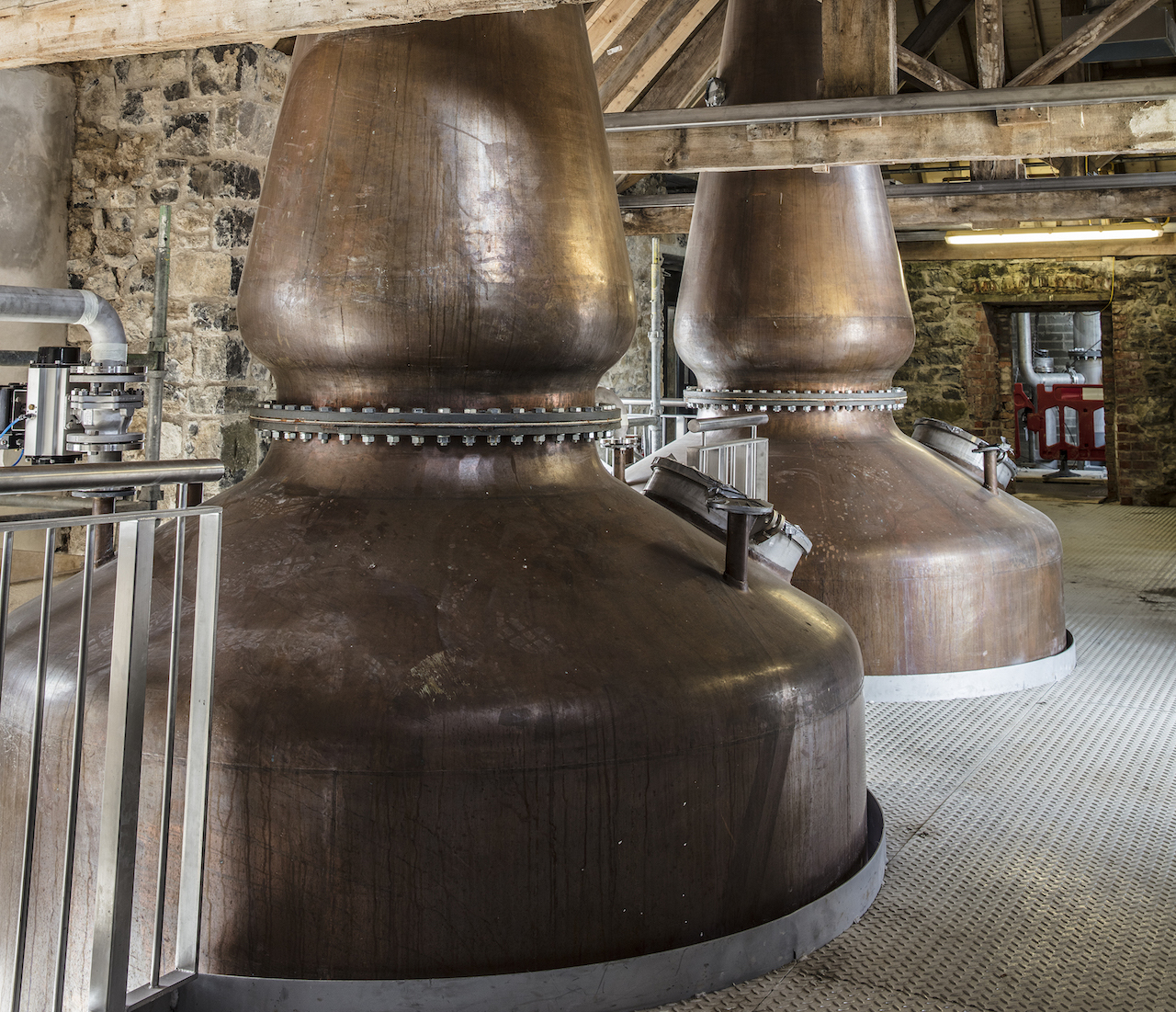
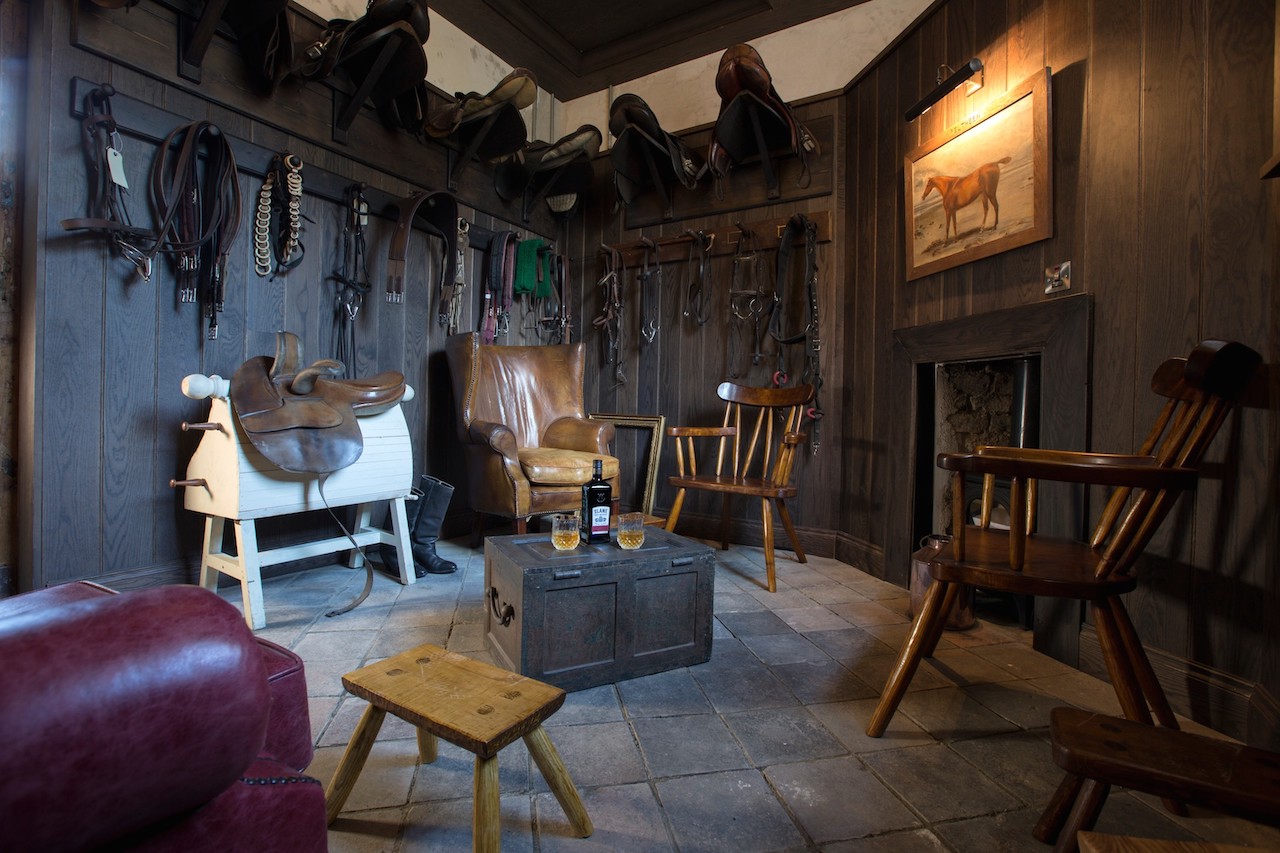
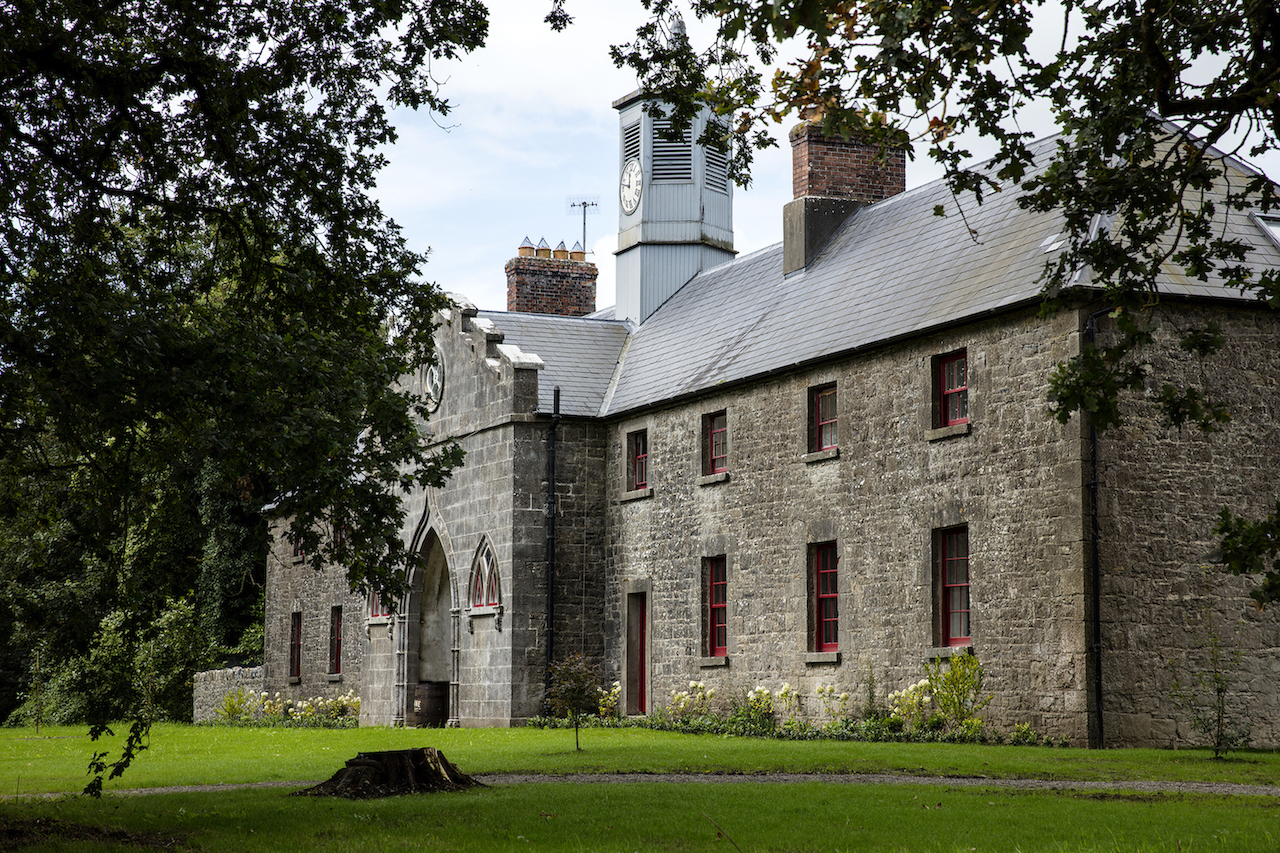
Share this Story
More Culture
Bulgari Hotels Screens “An Emperor’s Jewel – The Making of The Bvlgari Hotel Roma” in NYC
Hoteliers, artists, designers, and media came together for a special screening of "An Emperor’s Jewel – The Making of The Bvlgari Hotel Roma” at the exquisite Morgan Library in New York City
tell me more ›“Becoming Familiar” Is The Experience To See and Touch at Design Miami 2023
LA Based Raise the Moral Studio Sensory Art Objects Win Best Curio Presentation at Design Miami 2023
tell me more ›Helping Hands for Morocco
How to support from afar those making a difference on the ground
tell me more ›Ian Schrager & AHL Founder Ben Pundole Open 10th Annual L.E. Miami
The legendary hospitality impresario in conversation with his long time magic maker (and A Hotel Life founder) on the past, present and future of hotels
tell me more ›
